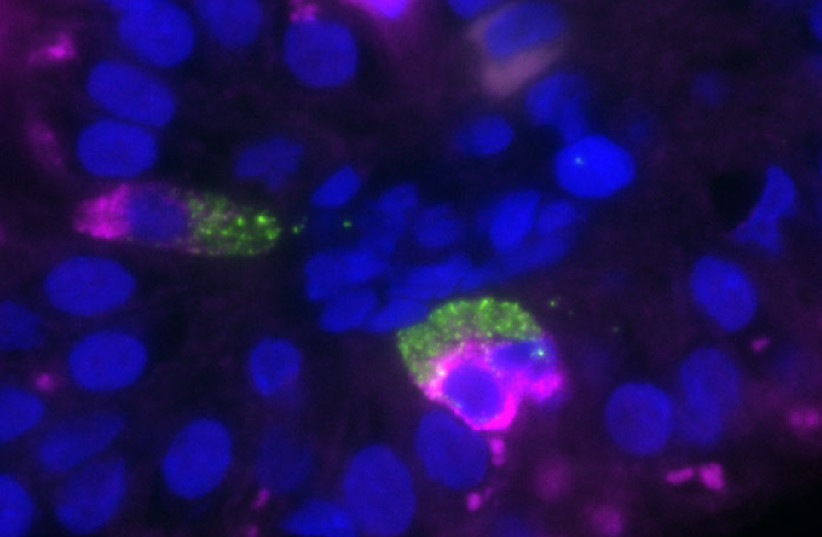Biopharmaceutical firm Elgan Pharma has announced that its ELGN-GI insulin formulation that treats a primary cause of feeding intolerance in preterm infants, called intestinal malabsorption, can greatly improve the early lives of premature babies.
Results of a study evaluating the safety and efficacy of ELGN-GI, which is tailored for newborns, eases their ability to digest food.
The formulation is based from human insulin and improves gastrointestinal function, increases absorptive surface area and enhances adaptation, mitigating several life-threatening complications and reducing the need for intravenous feeding.
According to the study, the use of ELGN-GI led to a significant improvement in gastrointestinal function, as well as a decrease in hospital stay, the amount of time until a life-threatening central line can be removed, and a reduction in the number of life-threatening events.
“Feeding intolerance is a common condition among preterm infants due to the immaturity of the gastrointestinal tract,” said Prof. Hans van Goudoever, dean at the University of Amsterdam and chief investigator of the ELGN-GI program.

“Feeding intolerance prolongs dependence on parenteral nutrition which, in turn, is associated with increased risk of short- and long-term life-threatening complications. I trust that ELGN-GI holds the potential to improve the lives of premature infants and neonates suffering from short bowel syndrome.”
Often, the immaturity of a preterm baby’s gut leads to malabsorption of nutrients; it can also trigger life-threatening complications such as gut atrophy and necrotizing enterocolitis (NEC). There is not yet an approved treatment for preterm intestinal malabsorption; it is typically managed by intravenous nutrition that bypasses the gastrointestinal tract, which is at high risk of causing infection and an increased burden on the liver and growth failure.
“One out of ten babies are born premature. The challenge that faces us is developing new therapies for the unique, unmet medical needs of this special population,” said Miki Olshansky, CEO of Elgan Pharma.
“We are confident that ELGN-GI will be an important therapy for premature infants given its remarkable consistent clinical data across several trials to date. We look forward to initiating our second Phase III trial for ELGN-GI in the second half of 2022 towards registration.”
Olshansky noted that Elgan is also on track to launch the next phase of clinical trials for ELGN-EYE, which is intended for the treatment of the retinal complication in preterm infants known as “retinopathy of prematurity,” which is the number one cause of childhood blindness.
“In the past decades, there has been a lack of novel drugs specifically addressing infant health and we are excited to be pioneers and propel this important under-served population forward with two promising additions.”
